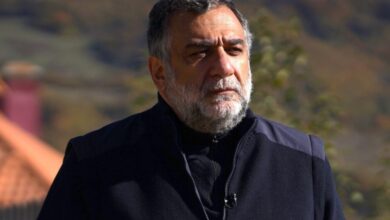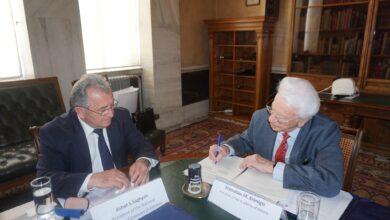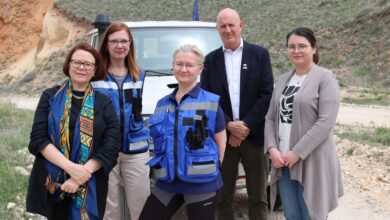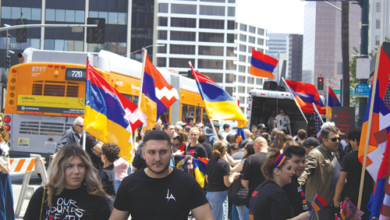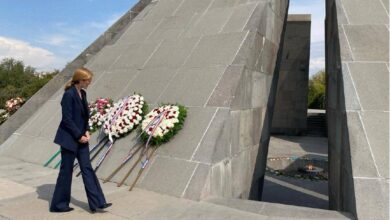Armenian family await European Court verdict in landmark case against Azerbaijan
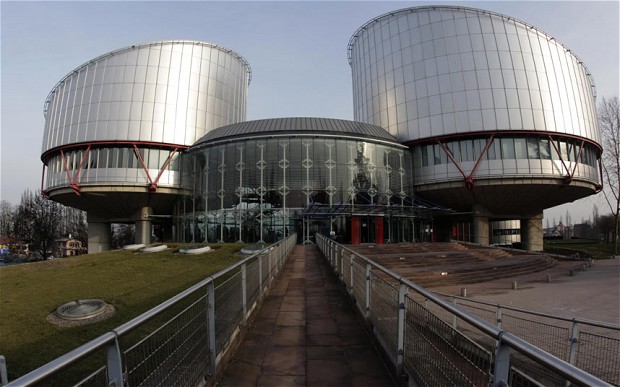
A landmark case which may have “exceptional significance” for over a million internally displaced people in Armenia and Azerbaijan will culminate this week at the European Court, just as the European Games gets underway in Azerbaijan, according to Newsweek.
The case concerns the Sargsyan family who were forced to flee their home in 1992 following heavy bombing by Azerbaijani forces of their village, during the conflict over Nagorno-Karabakh.
As a result of the war, the Sargsyan family were forced to flee to Armenia as refugees. According to the European Human Rights Advocacy Centre (EHRAC) based at Middlesex University in London – the organisation defending the family along with an Armenian NGO – the Azerbaijani government never allowed the family to return to their home, claiming the area to be too dangerous,
The original applicant, Minas Sargsyan, applied to the European Court in 2006 to seek redress for his family’s enforced displacement, but he died in 2009, as did his widow in 2014. Their two children have been pursuing the application on their behalf ever since.
The Sargsyan family claim that their inability to return to the village, and lack of compensation for the loss of their land and property, breaches both their property rights and their right to respect for their family life and home under the European Convention on Human Rights. They have also argued that they are unable to visit their relatives’ graves in the village, which they say violates their human rights.
They will learn whether they have been successful in their claims on Tuesday.
Professor Phillip Leach, director of EHRAC, describes the case as a “long fought battle” and one that could potentially be a landmark ruling affecting refugees throughout Europe.
“This case raises very important issues for the rights of refugees and internally displaced people,” Leach told Newsweek. “From this conflict alone more than a million people on both sides have been displaced, and this is fundamentally about what obligations governments have to refugees.”
“A positive outcome would be a landmark decision, as the European Court has not had to consider a situation like this before, and would establish the rights of refugees against governments,” he continues. Leach also explains that a positive outcome could lead to more cases of this kind being brought, not only regarding this conflict, but other similar cases across Europe.
The European Court has discretion to award compensation to the Sargsyan family, and Leach believes a positive outcome could reinvigorate talks to ensure a political settlement between the two countries over the disputed region.
A parallel case against Armenia, brought by Azerbaijani refugees, will also be heard on the same day.



